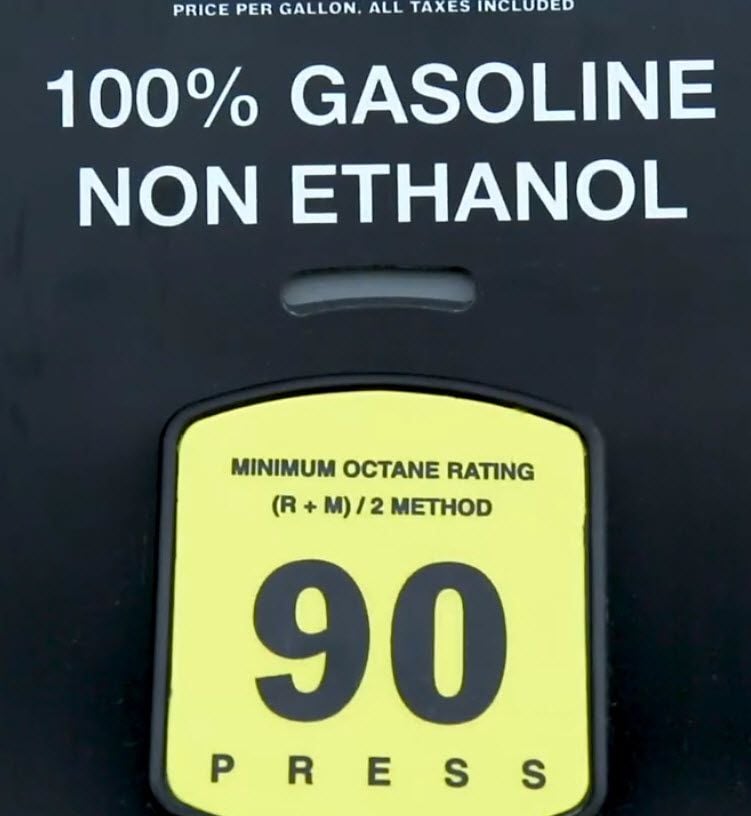
Diesel imports are also ongoing and the government has resorted to using its strategic stocks. What's next? France, which typically has a surplus of gasoline, is looking to import the fuel in order to ease shortages at service stations. The strikes helped push up both diesel and gasoline cracks in the Amsterdam-Rotterdam-Antwerp hub, according to S&P Global Commodity Insights analysts. Staff at French refineries are on strike causing the structurally oversupplied Northwest European gasoline market to tighten. What's happening? Around 20% of service stations across France were having difficulties supplying fuel as of Oct. Strikes hit France refineries, prompts gasoline and diesel imports Feedstock managers and officials at refineries in India, South Korea, Japan, Thailand and Taiwan have indicated that they may need to ramp up spot market trades to cover any immediate cuts to their term Middle Eastern crude allocations, and step up efforts to fix minimum guaranteed volumes for the next six to 12 months. What's next? As European refiners absorb more US, North Sea and West African crudes to replace Russian Urals, Asian refiners are expected to depend more on Middle Eastern supplies. Asian refiners and key Middle Eastern suppliers typically negotiate specific term supply volume on a quarterly basis. 5 slashed their production quotas by 2 million b/d for the next 14 months. What's happening? OPEC and its allies on Oct. Asian refiners reassess crude-buying strategy amid OPEC+ output jitters

In agriculture, eyes are on the Brazil elections and how its result could affect sugar and biofuels policies, as well as on the corn-or-wheat debate for feed makers.

Asian crude importers are hoping to secure cargoes from Middle Eastern producers following OPEC+'s decision to cut production quotas, while France is hoping to ease its fuel supply shortages with imports.


 0 kommentar(er)
0 kommentar(er)
